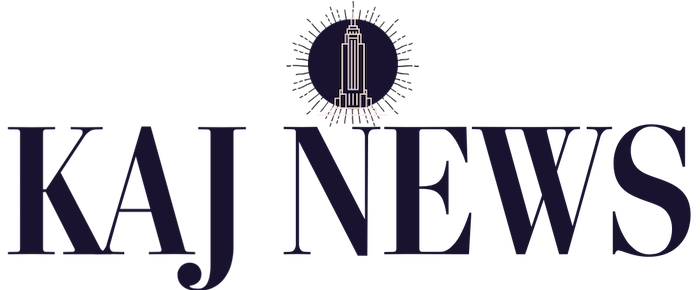GAITHERSBURG, Md. — The U.S. Department of Commerce’s National Institute of Standards and Technology (NIST) released for public comment its Draft Interagency Guidance Framework for Considering the Exercise of March-In Rights, a tool to help agencies evaluate when it might be appropriate to require licensing of a patent developed with federal funding. The draft guidance will help agencies work through a range of policy considerations relevant to a potential march-in decision, including price. The proposed guidance is now available in the Federal Register.
Under the University and Small Business Patent Procedures Act of 1980, commonly known as the Bayh-Dole Act, the government allows recipients of federal research funding to retain rights to inventions conceived or developed with that funding. The act gives federal agencies the right to “march in” under specific circumstances related to accessibility of the invention, as well as national health and safety (35 U.S.C. 203). There have been calls for greater clarity on when it is appropriate or warranted for a federal agency to exercise such rights.
“The Bayh-Dole Act is an important tool for fostering U.S. innovation and the commercialization of inventions that come from federally funded research and development,” said U.S. Secretary of Commerce Gina Raimondo. “With this draft guidance and request for comment, we are seeking continued stakeholder input to ultimately provide greater clarity on march-in rights and maintain a balance between incentivizing companies to innovate and making sure those innovations serve the American people.”
Earlier this year, NIST published a Final Rule on the regulations that support Bayh-Dole. Consistent with President Biden’s Executive Order on Promoting Competition in the American Economy, NIST did not adopt a previously proposed change prohibiting the use of march-in rights on the sole basis of pricing. The Department of Commerce and Department of Health and Human Services (HHS) also jointly announced plans for the U.S. government’s development of this march-in guidance.
“The Bayh-Dole Act is an important tool for fostering U.S. innovation and the commercialization of inventions that come from federally funded research and development. With this draft guidance and request for comment, we are seeking continued stakeholder input to ultimately provide greater clarity on march-in rights and maintain a balance between incentivizing companies to innovate and making sure those innovations serve the American people.” —U.S. Secretary of Commerce Gina Raimondo
“March-in authority is one powerful tool to ensure that the American taxpayer is getting a fair return on their investment in research and development,” said U.S. Secretary of Health and Human Services Xavier Becerra. “Today’s call for comments is an opportunity to better understand how march-in authorities can impact price and better promote equitable access to prescription drugs. The feedback received will help us build a framework that increases access to high-quality, affordable health care for all Americans.”
The draft framework encourages funding agencies to “consider both the practical impact and the potential impact [use of march-in could have] on the broader R&D ecosystem.” It guides agencies in assessing three overarching questions: 1) whether Bayh-Dole applies to the invention(s) at issue; 2) whether any of the statutory criteria for exercising march-in applies under the circumstances; and 3) whether the exercise of march-in rights would support the policy and objectives of Bayh-Dole. The framework also provides eight hypothetical scenarios in which march-in could emerge, to demonstrate how an agency might apply the framework to its decision-making process.
“The draft framework is the result of a consensus-based, interagency collaboration to bring consistency and transparency to the march-in decision-making process,” said Under Secretary of Commerce for Standards and Technology and NIST Director Laurie E. Locascio. “We want to ensure that agencies are set up for success in these decisions and can effectively support the policy and objectives of Bayh-Dole.”
The 60-day comment period will close on Feb. 6, 2024, after which NIST will review and make publicly available all comments received, before finalizing the guidance.
NIST will host an informational webinar on Dec. 13, 2023, to walk through the framework and explain the type of feedback being sought.
Although NIST is primarily a nonregulatory agency, the director of NIST has the delegated authority of the secretary of commerce to issue implementing regulations under the Bayh-Dole Act that apply to all federal agencies. In conjunction with the National Science and Technology Council and the Office of Science and Technology Policy, NIST further serves as convener of the Interagency Working Group for Bayh-Dole and the Interagency Working Group for Technology Transfer. NIST also is the host institution for the Federal Laboratory Consortium for Technology Transfer, serving the more than 300 U.S. federal laboratories.
Originally published at https://www.nist.gov/news-events/news/2023/12/nist-releases-public-comment-draft-guidance-march-rights




